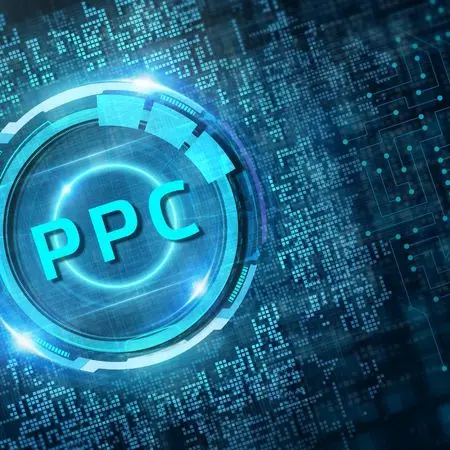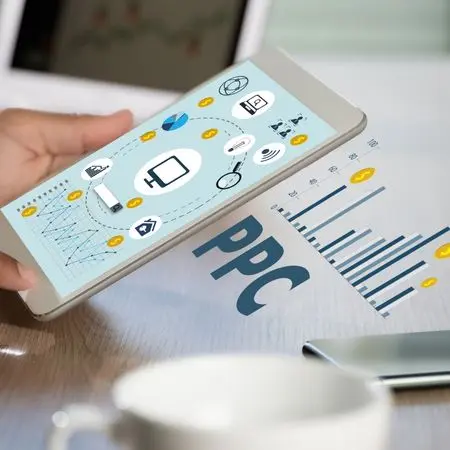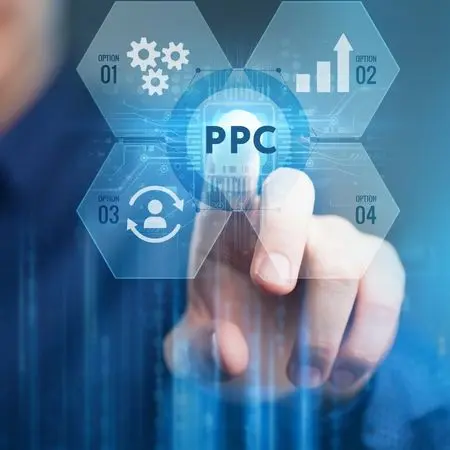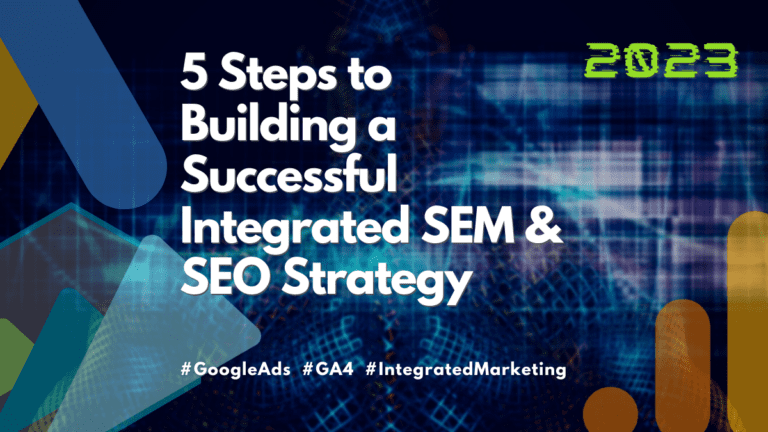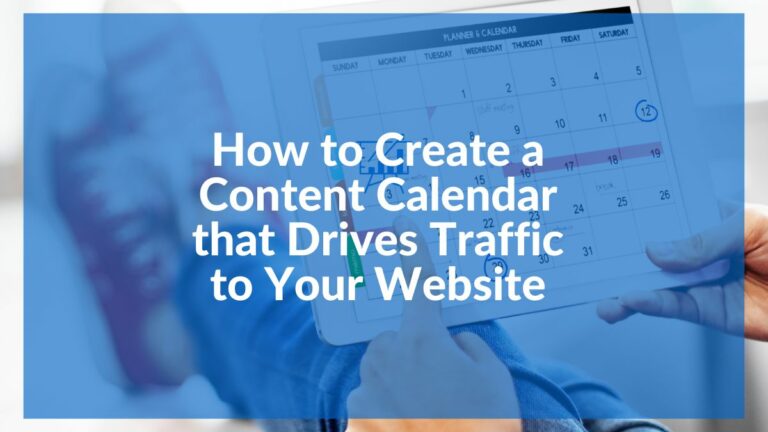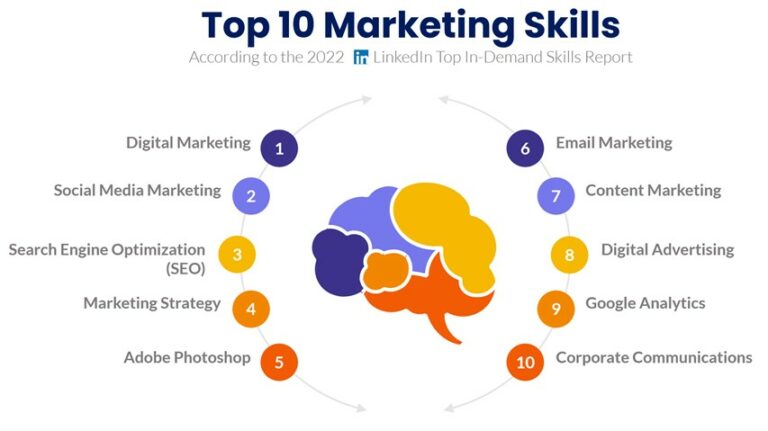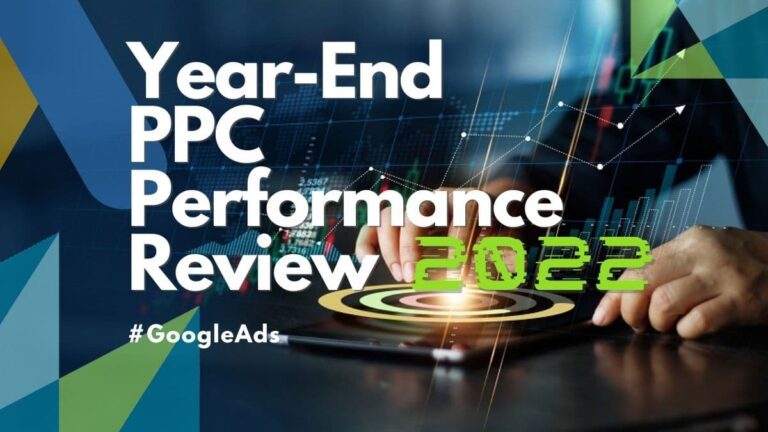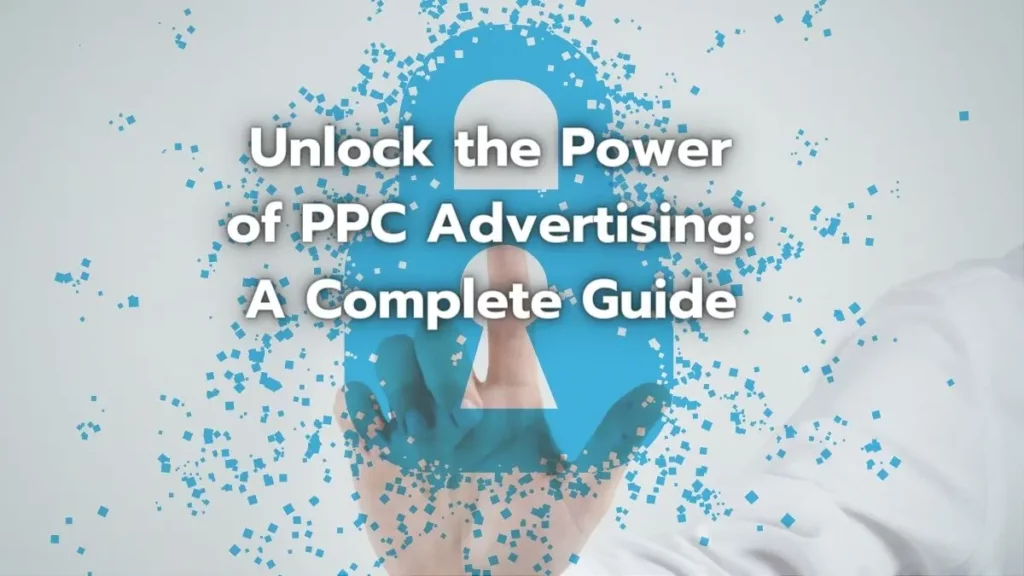
Unlock the Power of PPC Advertising:
A Complete Guide
PPC advertising, also known as pay-per-click advertising, is a powerful tool for businesses of all sizes looking to increase brand awareness, generate leads, and drive sales. With the right strategy and management, PPC advertising can be an effective way to reach your target audience and achieve your marketing goals. In this guide, we will explore the basics of PPC advertising and how it works, as well as its benefits and best practices for success.
What Is Pay Per Click and How Does It Work?
Pay-per-click advertising is a type of online advertising where advertisers pay each time a user clicks on one of their ads. These ads can appear on search engines like Google and Bing, as well as on social media platforms like Facebook and Instagram.
When a user conducts a search on a search engine, the search engine will display a list of results, which includes both organic and paid results. Paid results, also known as sponsored ads, are placed at the top or bottom of the search engine results page (SERP). These ads are labeled as “Ad” or “Sponsored” so that users can easily distinguish them from the organic results.
Advertisers bid on specific keywords that they want their ads to appear for. The higher the bid, the higher the ad will appear on the SERP. The advertiser is only charged when a user clicks on their ad, hence the name pay-per-click.
What is PPC?
PPC stands for pay-per-click, which refers to a type of online advertising where businesses pay a fee each time one of their ads is clicked. These ads are typically used to drive traffic to a website or landing page, where the goal is to convert visitors into customers.
PPC advertising can be done on various platforms, such as Google Ads, Bing Ads, and Amazon Ads. Each platform has its own set of targeting options, ad formats, and bidding strategies that can be used to reach a specific audience and achieve business goals.
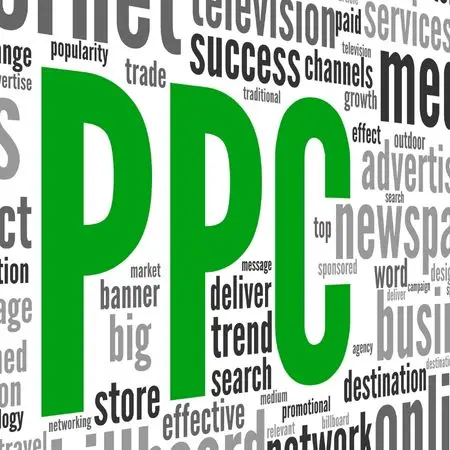
SEO vs. PPC: Which is the Right Strategy?
Search engine optimization (SEO) and pay-per-click (PPC) advertising are two different digital marketing strategies that can be used to increase visibility and drive traffic to your website. Both have their own advantages and disadvantages, and the right strategy for your business will depend on your goals and budget.
SEO is the process of optimizing your website and its content to rank higher in organic search results. This is a long-term strategy that can take several months to see results. It involves researching and using relevant keywords, creating high-quality content, and building backlinks to your website.
PPC advertising, on the other hand, is a paid advertising strategy that can drive immediate results. With PPC, you can create and launch ad campaigns in a matter of minutes and start seeing traffic to your website almost immediately. PPC advertising can be more expensive than SEO over time, but it can be a cost-effective way to reach a specific audience and achieve specific business goals.
What Are the Different Types of PPC Ads?
There are several types of PPC ads that businesses can use to reach their target audience, including:
- Search ads: These ads appear on search engine results pages (SERPs) when users conduct a search using specific keywords.
- Social media ads: These ads appear on social media platforms like Facebook, Instagram, and Twitter.
- Shopping ads: These ads are used to promote specific products and appear on search engine results pages and on websites that have enabled Google Shopping.
- Remarketing ads: These ads target users who have previously visited your website or interacted with your brand in some way.
Each type of PPC ad has its own strengths and weaknesses, and the right ad format for your business will depend on your goals and target audience.

Why Pay-Per-Click Marketing Works For Your Business
PPC advertising can work for businesses of all sizes and in all industries. Here are a few reasons why:
- Immediate Results: With PPC advertising, you can launch an ad campaign and immediately see results.
- Targeted Advertising: PPC advertising allows you to target specific demographics, geographic locations, and even interests.
- Cost-Effective: PPC advertising can be a cost-effective way to reach a specific audience and achieve specific business goals.
- Measurable: PPC advertising provides detailed and real-time data on your ad campaigns, which can be used to optimize and improve performance.
- Brand Awareness: PPC advertising can be used to increase brand awareness and build trust with your target audience.
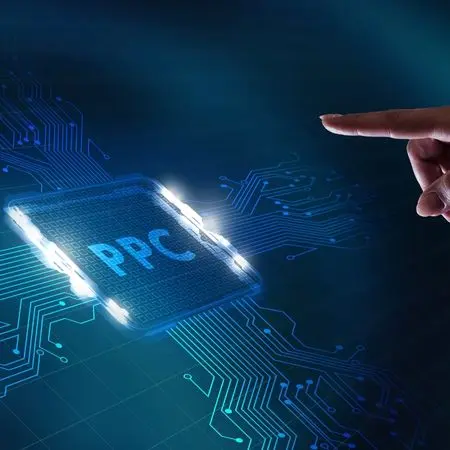
Paid Search Advertising Case Studies
PPC advertising has been successful for businesses of all sizes and in all industries. Here are a few case studies to illustrate the power of PPC advertising:
- A small automotive e-commerce business used PPC shopping advertising to drive traffic to its website and increase sales. Within just a few months, their ad campaign resulted in a 340% increase in paid website traffic and a 212% increase in sales.
- A B2B company used PPC advertising to generate leads and increase brand awareness. Their ad campaign resulted in a 28% increase in website traffic and a 44% increase in leads.
- A local restaurant client has used PPC advertising to promote themselves in a highly competitive area and was able to increase foot traffic. Their ad campaign resulted in a 13% increase in foot traffic and a 15% increase in sales.
These sample case studies demonstrate the power of PPC advertising to achieve various business goals. Whether you’re looking to generate leads, increase sales, or build brand awareness, PPC advertising can help you reach your target audience and achieve your goals.
The Power of PPC
So, now you know – PPC advertising is a powerful tool for businesses of all sizes and in all industries. With the right strategy and optimization, PPC advertising can help you reach your target audience, achieve your business goals and generate a positive return on investment. Whether you’re a small e-commerce business looking to increase sales, a B2B company looking to generate leads, or a local restaurant looking to increase foot traffic,
Achieve Your Goals With Pay-Per-Click
PPC advertising can help you achieve your goals. It’s a cost-effective and measurable way to reach your target audience and create brand awareness. It’s important to understand the basics of PPC advertising, the different types of ads available, and how to optimize your ad campaign to achieve the best results. By understanding the power of PPC advertising and how to use it effectively, you can unlock its potential and take your business to the next level.
Work With a PPC Agency
Additionally, it’s important to work with a reputable PPC advertising agency or PPC advertising management company to ensure that your ad campaign is set up and managed correctly. An experienced PPC advertising agency or management company can help you conduct keyword research, develop an effective ad copy and landing page, and optimize your ad campaign for maximum results. They can also provide valuable insights and analytics to help you make data-driven decisions about your ad campaign.
It’s also important to keep in mind that PPC advertising should be part of a comprehensive digital marketing strategy and not the only strategy to rely on. Combining PPC advertising with other digital marketing efforts such as SEO and social media marketing can give you a more holistic approach to reaching and engaging with your target audience.
Lastly, it’s important to regularly review and analyze the performance of your PPC ad campaign. This will help you identify areas that need improvement and make adjustments to optimize your campaign’s performance. By continuously monitoring and analyzing your PPC ad campaign, you can ensure that you are getting the best possible return on investment.
Ready to Grow Your Paid Search Results?
Let Digital Results assist you in your PPC/SEM Advertising strategy and help deliver the paid search engine results you need.

